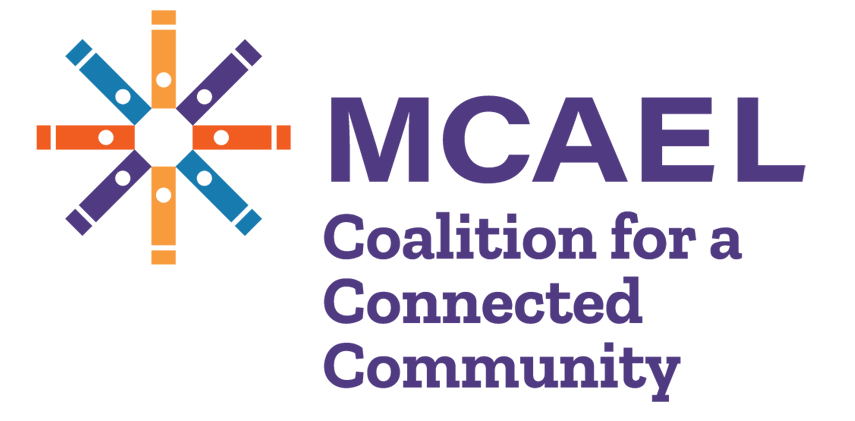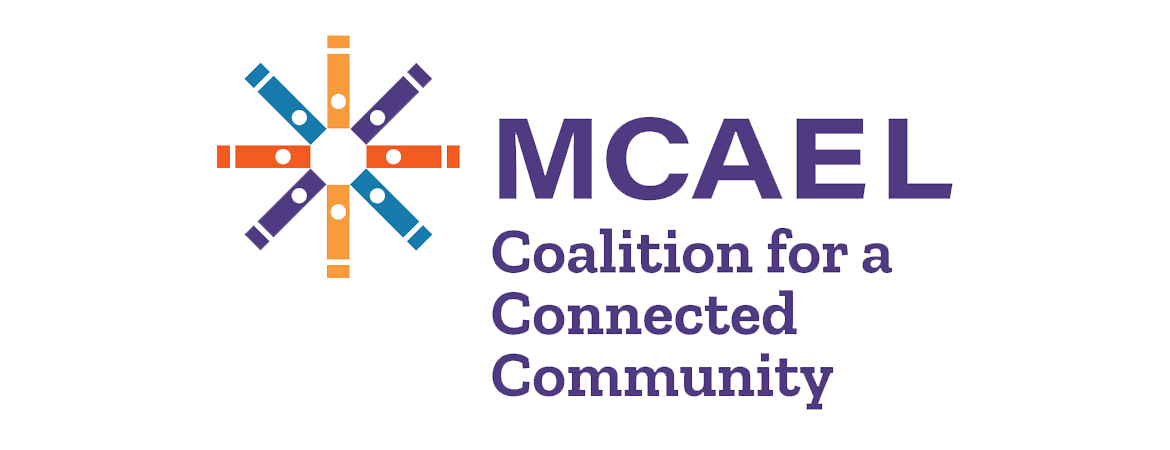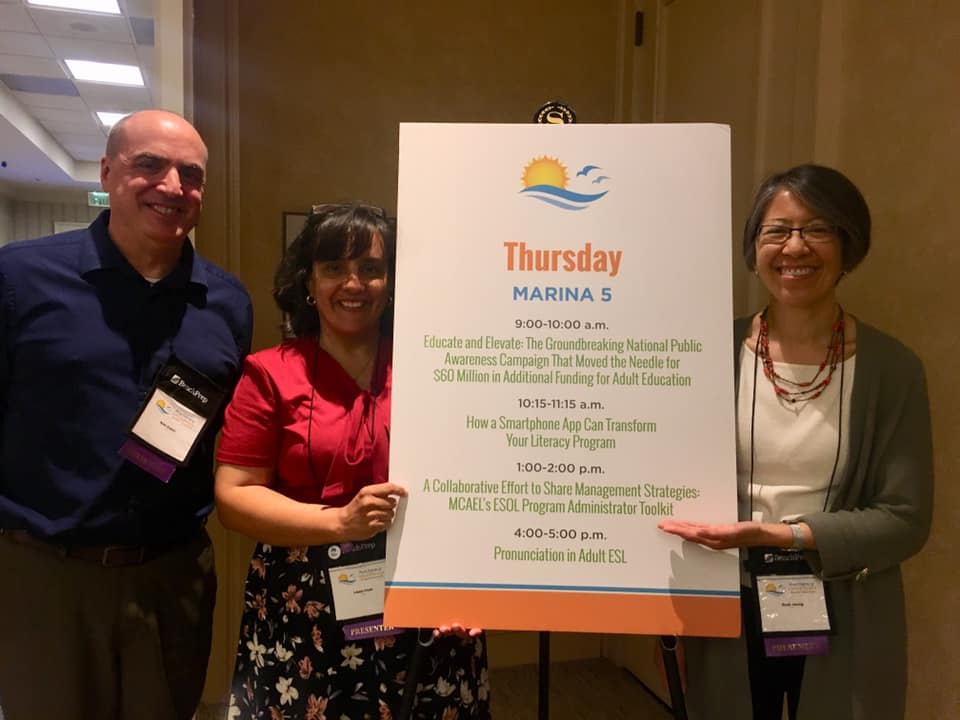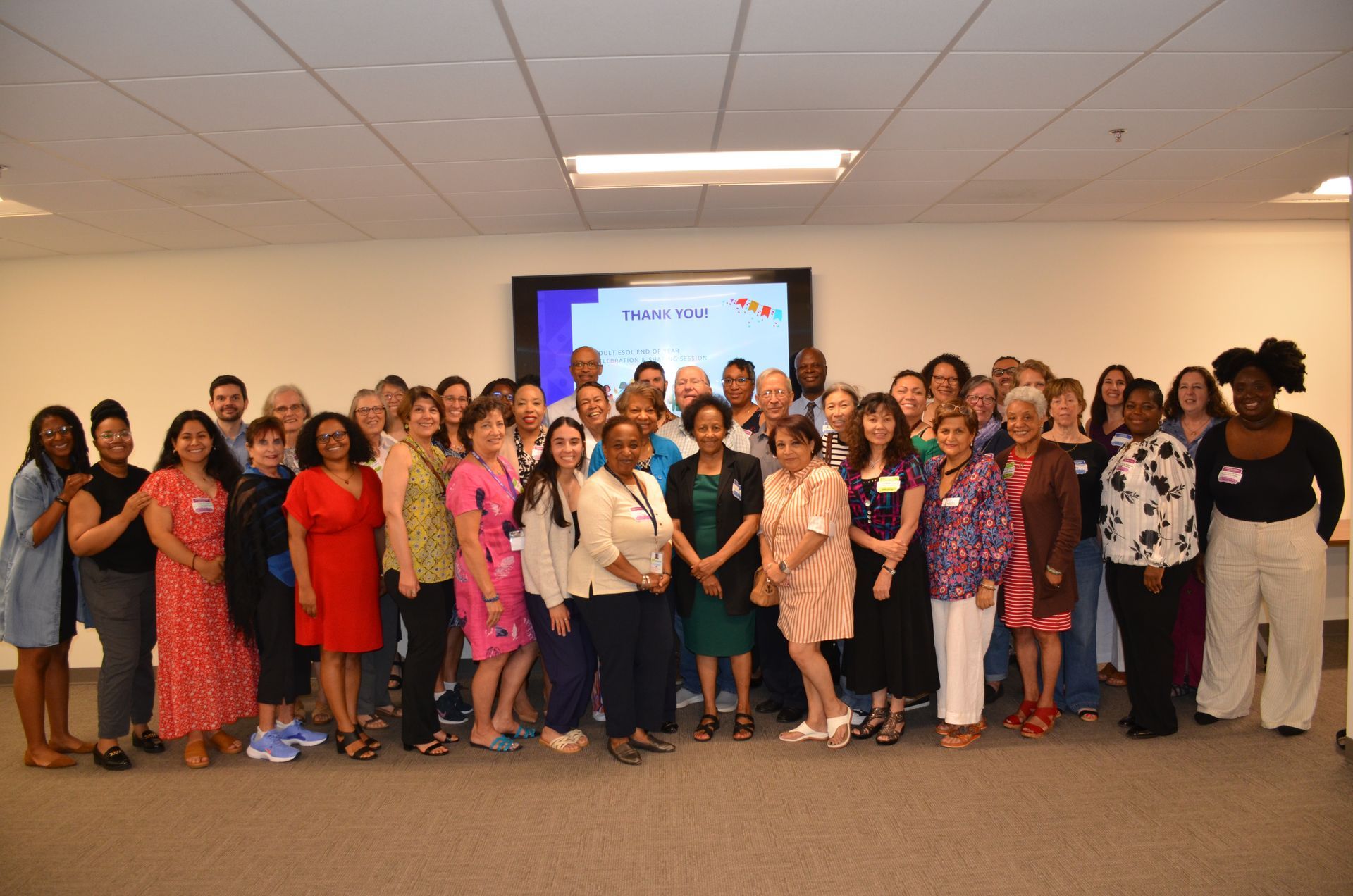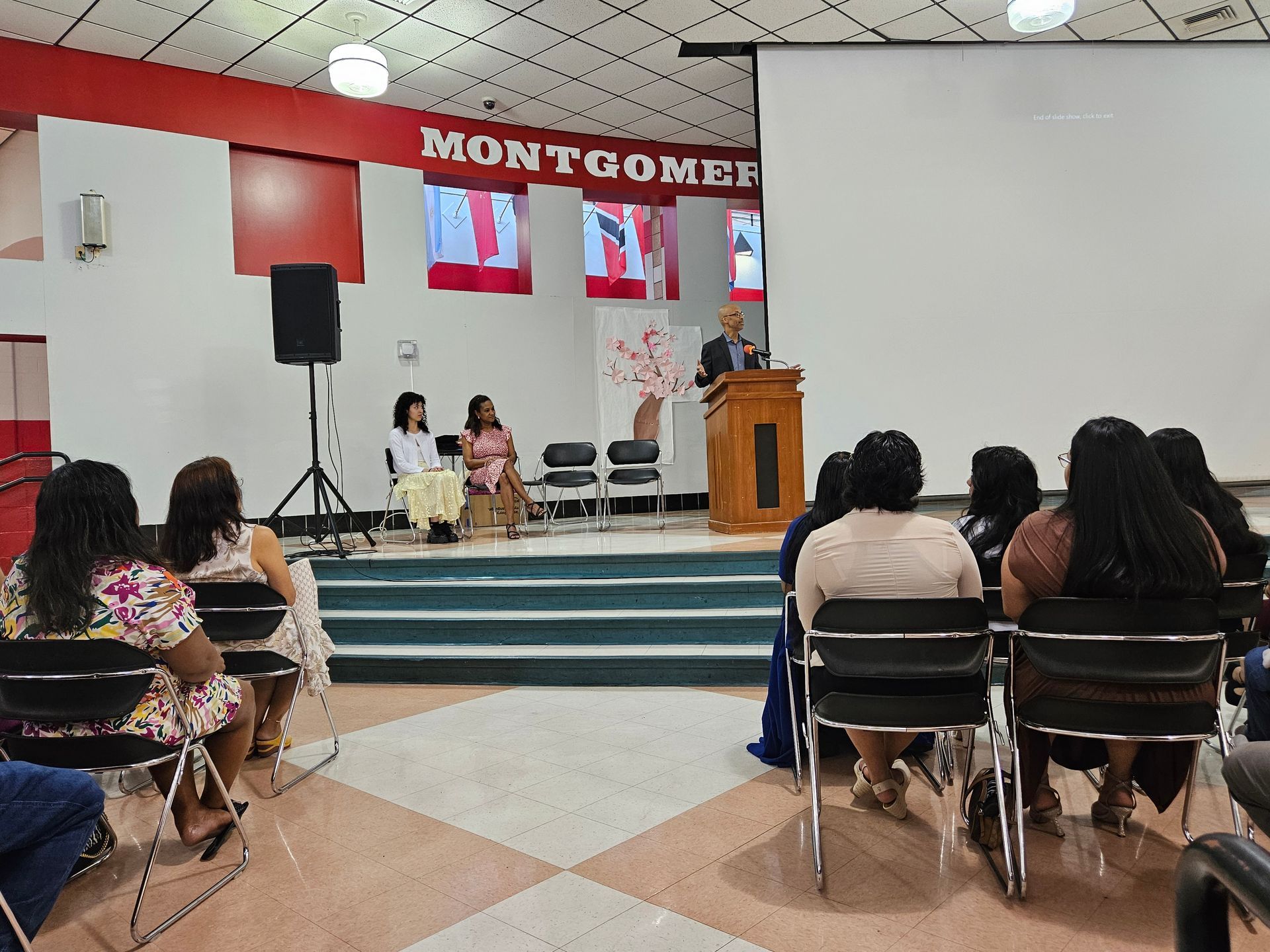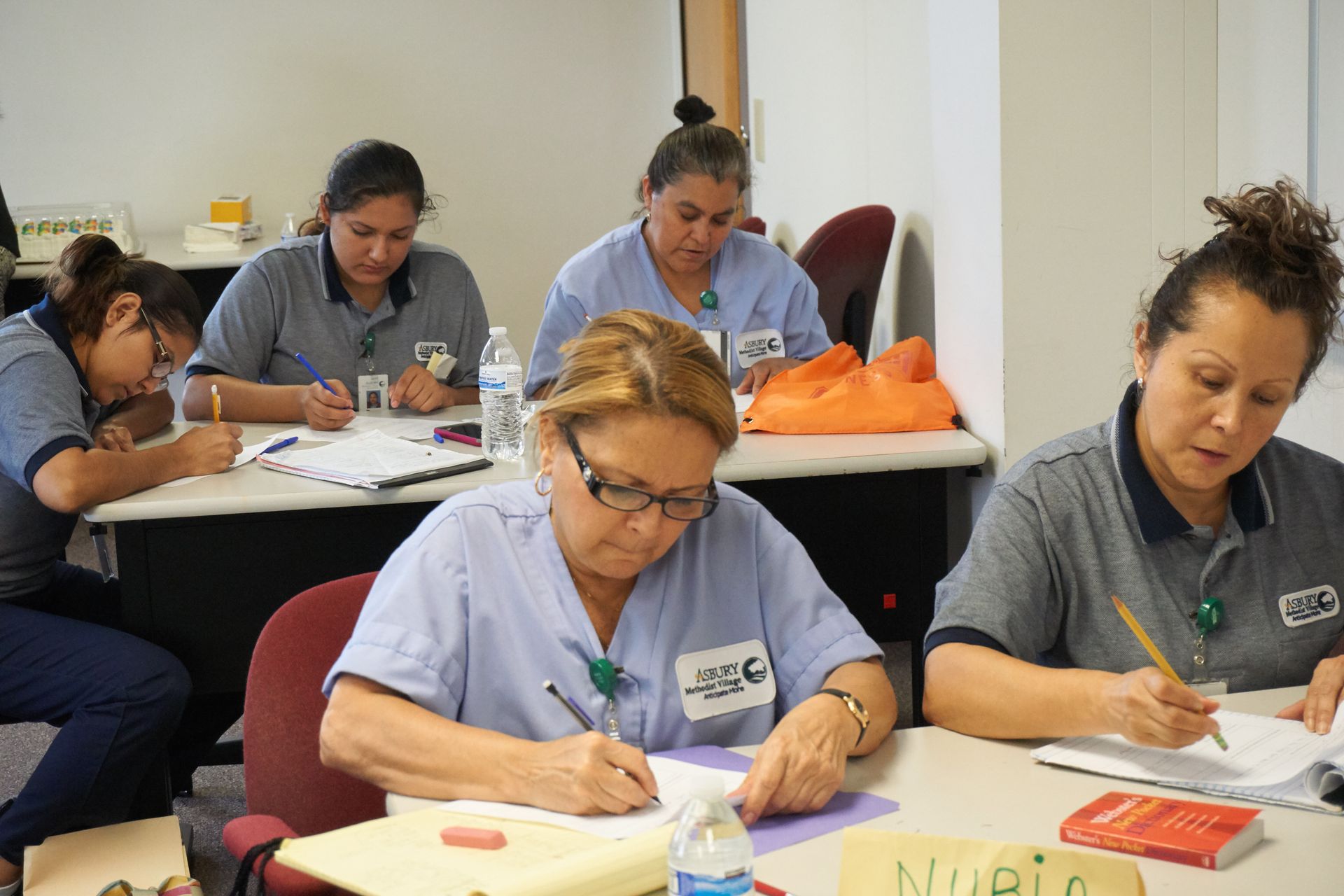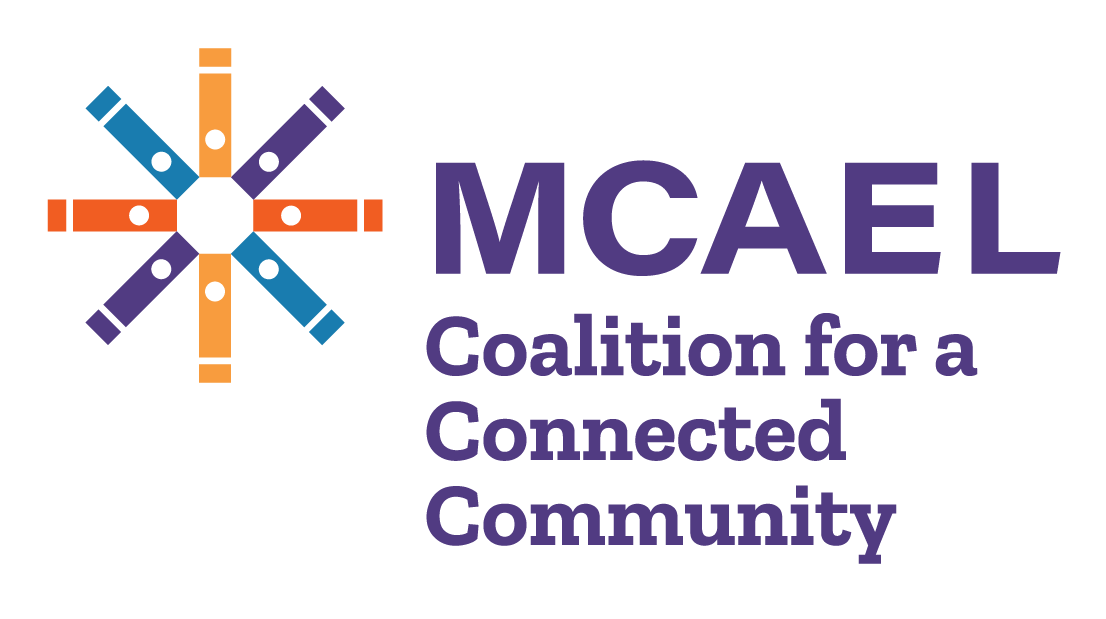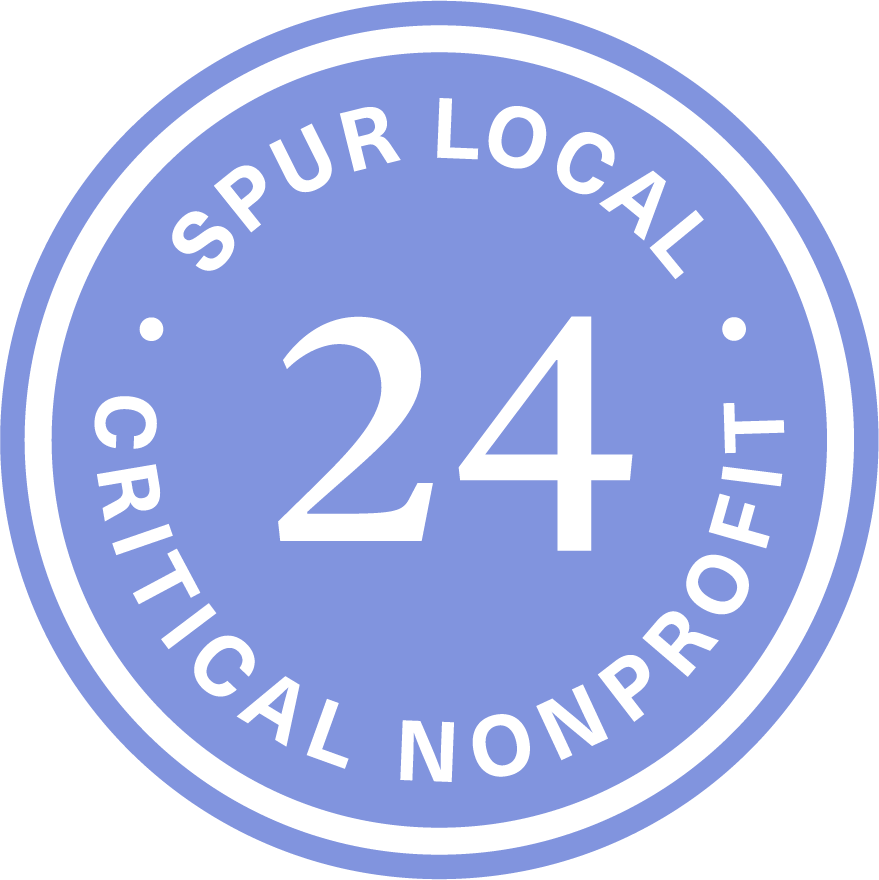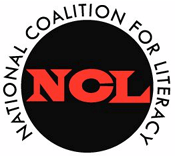Like any good conference, the pre-conference sessions, presentations and special events offered topics of interest for the large number of participants who were attending from across the country. Every title appealed to professionals in different levels of experience, administration, and goals for their learners.
Flipping through the program book, the most discussed topic during this year’s conference focused on digital Literacy. This was of special interest to me and the adult learners in the ESOL and Adult Literacy Program for Catholic Charities as we have introduced the use of Chromebooks, phone apps, and distance learning concepts into our classrooms. The fact that digital literacy was so prevalent, solidified the notion that now, more than before, our learners need to be digitally competent. The conference itself was heavily digitally infused. Every session room was equipped with computer access, speakers, microphones, and a projector. All conference participants could download the conference app. The conference evaluations could be submitted on-line. The “cloud” was not just a beautiful formation in the ski, but a tool that we needed to access. The fact that the ProLit conference was heavily digital, emphasizes the current trends of living in a digitally saturated era. The present and future of adult learner education is clear: they must become digitally literate, and we can help them get there.
